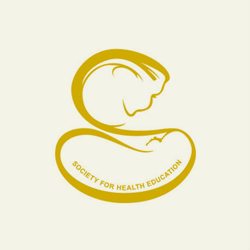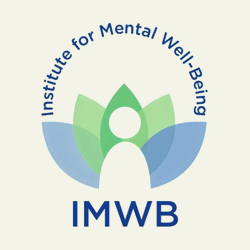Healing from Abuse
Experiencing abuse can have profound effects on an individual's well-being and sense of safety. Whether you have personally experienced abuse or want to support someone who has, it's essential to know that healing is possible, and there are resources available to help.
Steps for children to TALK and deal with abuse
-

Tell an adult or report it
Reach out to trusted friends, family members, or professionals for support. Report to child helpline 1412 or Police 3000600.
-

Acknowledge the abuse
Acceptance can help you move forward. It's important to validate your feelings and acknowledge the impact of the abuse on your life.
-

Learn ways on how to cope
Seek support and give yourself time to recover. It is important to practice selfcare to help you cope and heal from the trauma.
-

Know that it’s not your fault
Recognize that what happened to you was not your fault. Know that the abuser is guilty of wrongdoings and that you are not to be blamed.
Ways to help children COPE and heal from abuse
-

Counseling and support (recover)
Counseling and therapy can help children process emotions, heal from trauma, and develop healthier coping strategies for the challenges face on the journey to recovery.
-

Occupying self with routines (structure)
Occupying self with routines can help children feel safe and secure. Stick to a regular schedule for meal times and sleep, and set aside time for friends and family.
-

Practicing Patience and Self Compassion (persevere)
Practice patience and self-compassion by understanding one's suffering without judgement, and being kind to yourself. Learn to care for pets or plants or take up a hobby.
-

Embracing self-care (nurture)
Embrace self care such as exercise, good nutrition and healthy lifestyles. Learn methods for mindfulness, breathing and grounding, to help focus on the present moment.
Moving on from abuse
-
Caring with compassion
• Listen to their story without questions or interruptions
• Normalize feelings of sadness, hurt, anger or confusion
• Accept their pace of grieving and don't rush their healing
• Help them feel understood and secure, be non-judgmental.
-
Road to recovery
• Acknowledge what happened, to move on from denial.
• Seek help and support to overpower, instead of feeling alone.
• Become hopeful and have faith in self, to overcome despair.
• Break the silence and confide, there's no reason for shame.
-
Spirit of survivors
• Believe that it's your courage that helped you speak out.
• Trust that it's your willpower that has brought you this far.
• Know your resolve and determination makes a difference.
• Understand that your story encourages others to act.
Civic duties and law
In the Maldives, a child is typically defined as an individual under the age of 18 years. This definition aligns with international standards and recognizes the vulnerability and protection needs of individuals during their developmental stages.













